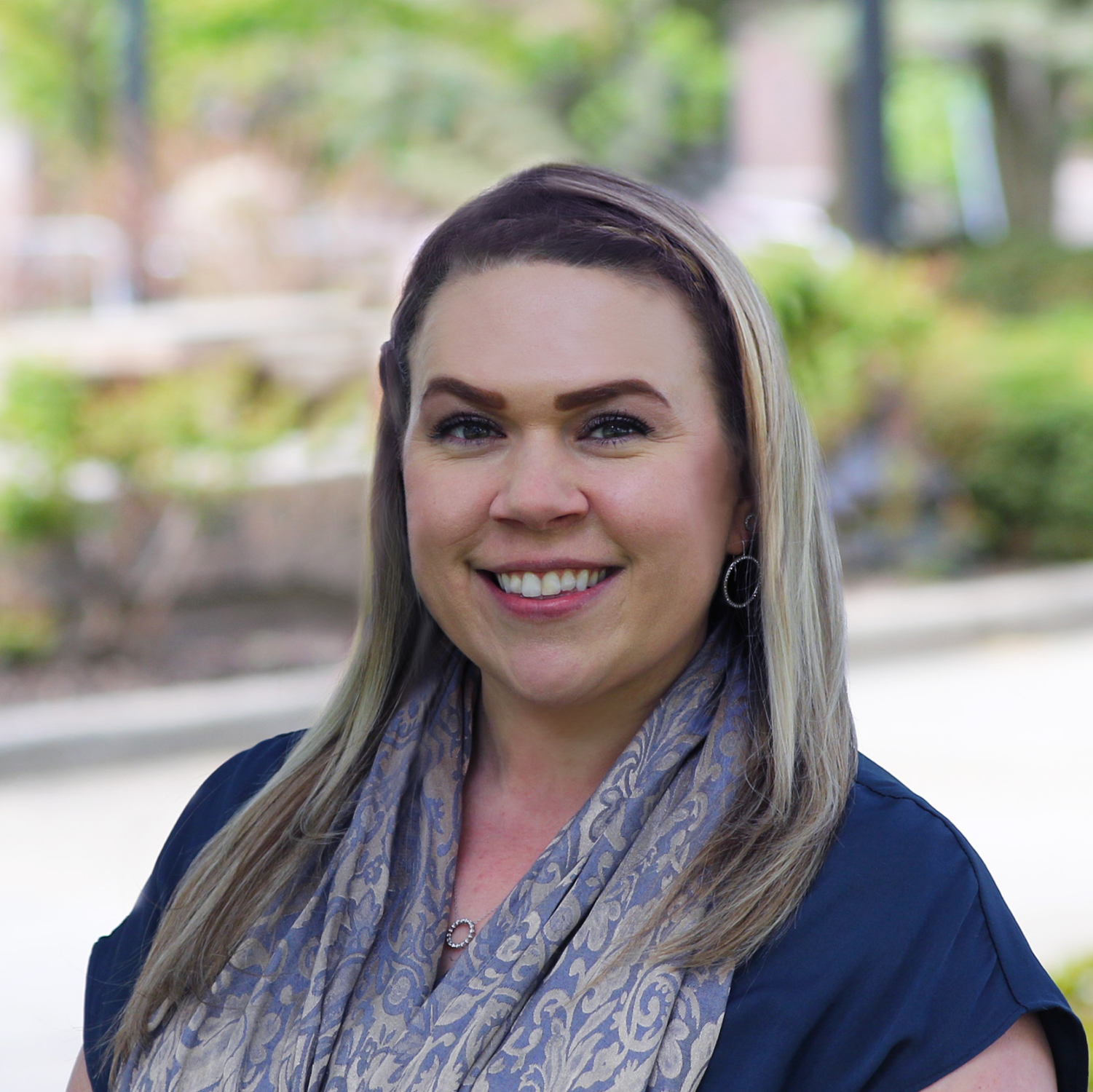Iowa the first of several states likely to expand educational freedom in 2023
Iowa the first of several states likely to expand educational freedom in 2023
Two weeks after calling on the legislature to make education savings accounts (ESA) available to all Iowa students during her Condition of the State Address, Governor Kim Reynolds has signed an expansive ESA program into law, spearheaded by Senate President Amy Sinclair, Speaker of the House Pat Grassley, Senate Majority Leader Jack Whitver, House Speaker Pro Tempore John Wills, and Senator Brad Zaun. The Students First Act is the first school choice bill to be enacted this session and suggests 2023 will be yet another banner year for education reform.
“The last two years marked a turning point in the American education system, with more states enacting more educational choice programs than ever before,” said EdChoice President and CEO Robert Enlow. “If the swift action by Iowa policy makers is any indication, the momentum isn’t slowing down and we expect to see bold education reform to benefit students enacted throughout the nation’s statehouses again this year.”
In 2021, seven states enacted new educational choice programs, and 15 expanded the reach and scope of 23 existing programs. In 2022, Arizona expanded eligibility in its ESA program from 23 to 100 percent, and the West Virginia Supreme Court ruled its near-universal ESA program constitutional. Five other states expanded existing programs last year.
“We are absolutely thrilled that Iowa families will now have access to an Education Savings Account, thanks to the hard work of Governor Reynolds, legislators, and our Iowa school choice coalition,” said Trish Wilger, Executive Director of Iowa Alliance for Choice in Education. “We have worked tirelessly since 2006 to expand school choice in Iowa and I am elated that Iowa families will now have the educational freedom they’ve longed for.”
Once the program is fully phased in over three years, all public and private Iowa students will be eligible for the program. Eight other states offer ESAs to at least some students, with Arizona and West Virginia boasting the nation’s most inclusive programs, available to 100% and 93% of students, respectively. Iowa now joins Arizona and West Virginia in offering the most robust set of educational options to its families.
“Covid-19 spurred a great awaking in the American education system, and as we’ve seen this week, it’s not ending anytime soon,” Enlow continued. “Parents continue to be more engaged in their children’s academic careers, and now more than ever, are reimagining what learning can look like and demanding more freedom and flexibility.”
EdChoice’s monthly polling, conducted in partnership with Morning Consult, consistently finds support crossing party lines, with about two-thirds of the public and school parents favoring ESAs.
“Iowa lawmakers listened to parents, and we hope to see many other states follow their lead,” Enlow added.
Highlights of Iowa’s Students First Act include:
- Initial ESA amount: $7,227
- ESA eligibility: All students, phased in over three years, beginning with students from lower-income families.
- ESA uses: qualified tuition expenses, including tuition, textbooks, curriculum, software, and more. Transportation excluded.
- ESA rollover: Unspent money carries over year to year. Funds remaining after graduation or when the student turns 20 (whichever comes first) revert to general fund.
Broad ESA bills are expected to be enacted in several other states this year, and lawmakers across the nation are standing up for students and families. Legislation has already been introduced in Arkansas, Connecticut, Florida, Illinois, Indiana, Massachusetts, Mississippi, Missouri, Montana, New Hampshire, New Jersey, New Mexico, Ohio, Oklahoma, Oregon, South Carolina, Tennessee, Utah, Virginia, and Wyoming. EdChoice voted Iowa Most Likely to Succeed in its 2023 EdChoice Yearbook Superlatives.
To speak with Robert Enlow, or an EdChoice scholar, about Iowa’s Students First Act, ESA trends and legislation, or existing educational choice programs across the country, contact Chantal Lovell at Chantal@edchoice.org, or 989-251-8388.
EdChoice is a nonprofit, nonpartisan organization working to empower every family to choose the learning environment that fits their children’s needs best. Learn more at edchoice.org.
###




